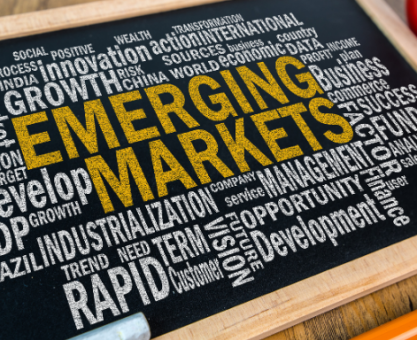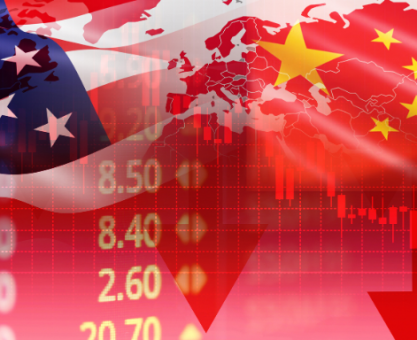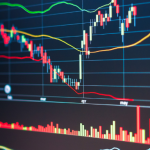Executive Summary
-
Emerging markets are gaining influence in the global economic landscape, creating a multipolar world economy.
-
Investors are increasingly attracted to the potential returns and diversification benefits these markets offer.
-
Challenges such as political instability and currency volatility persist but can be mitigated with strategic planning.
-
Understanding the unique dynamics of each emerging market is crucial for successful investment.
Introduction
The global economy is transitioning from a unipolar structure dominated by Western powers to a more balanced, multipolar system. This shift is largely driven by the remarkable rise of emerging markets, which are increasingly influencing international trade, financial flows, and economic policymaking. For investors, corporates, and founders, these markets offer both opportunity and complexity. This article explores how emerging markets are redefining global economic power and how stakeholders can harness their potential.
Definitions / Context
Emerging Markets are nations experiencing rapid growth and industrialization, often marked by rising GDP, expanding infrastructure, and increasing integration into global trade networks. While still developing in comparison to mature economies, countries such as Brazil, India, China, South Africa, Indonesia, and Vietnam are leading examples.
A Multipolar World Economy refers to a global economic structure where multiple countries, including emerging markets, share influence over global growth, trade, and financial systems, replacing the dominance of a single economic bloc.
Benefits / Pros
-
High Growth Potential: Emerging markets typically show faster GDP growth compared to developed nations.
-
Diversified Investment Avenues: Equities, bonds, real estate, agriculture, and commodities are abundant and varied.
-
Demographic Advantage: Young populations fuel demand, workforce expansion, and long-term consumption.
-
Infrastructure Expansion: Governments in these regions often invest heavily in urbanization and digital infrastructure, creating long-term value.
Risks / Cons / Challenges
-
Political Instability: Regime changes, policy shifts, or corruption can destabilize investment climates.
-
Currency Fluctuation: Exchange rate instability may erode profits for foreign investors.
-
Regulatory Uncertainty: Shifting policies, trade barriers, and lack of transparency pose risks.
-
Accessibility Barriers: Some markets may restrict foreign ownership or enforce complex compliance requirements.
Step-by-Step Process
How to Invest in Emerging Markets Strategically:
-
Conduct Research: Analyze market fundamentals, economic outlook, and historical performance.
-
Diversify Holdings: Avoid concentrating on a single country; diversify across regions and sectors.
-
Form Local Partnerships: Work with regional experts and businesses to navigate cultural and legal nuances.
-
Mitigate Risk: Use tools like hedging, insurance, and exposure limits to control risk.
-
Monitor and Adapt: Track economic indicators and adjust strategies based on geopolitical or regulatory shifts.
When a global consumer goods company entered the Indian market, it adopted a strategic local partnership model. By collaborating with regional distributors, complying with evolving regulations, and tailoring products to suit cultural preferences, it tapped into the growing middle class. Over five years, the company not only increased its market share by 40% but also built a resilient supply chain that weathered economic fluctuations.
— Market Penetration Strategy in India
Expert Tips / Strategic Insights
-
Epiidosis Recommends: Prioritize markets with stable governance, strong legal frameworks, and macroeconomic reform agendas.
-
Think Long-Term: Short-term volatility is common, but long-term structural growth often outweighs initial instability.
-
Use Data Tools: Leverage global data platforms and indices to validate investment assumptions and detect trends early.
Tools / Resources / Calculators
-
MSCI Emerging Markets Index – Benchmark tracking performance of key emerging economies.
-
World Bank Emerging Economies Data – Economic indicators across global emerging nations.
-
Currency Risk Calculators – Tools on financial sites like Investing.com or Morningstar to simulate FX impact.
-
🧠 Geopolitical Risk Dashboards – Platforms like Stratfor or Eurasia Group provide country risk ratings.
Conclusion
Emerging markets are reshaping the foundations of the global economy. Their young populations, digital transformation, and infrastructure development position them as powerful contributors to a multipolar world. However, success in these markets requires deep research, long-term perspective, and adaptive strategy. Investors who navigate this landscape with informed confidence can unlock exceptional value while contributing to the world’s evolving economic balance.





















